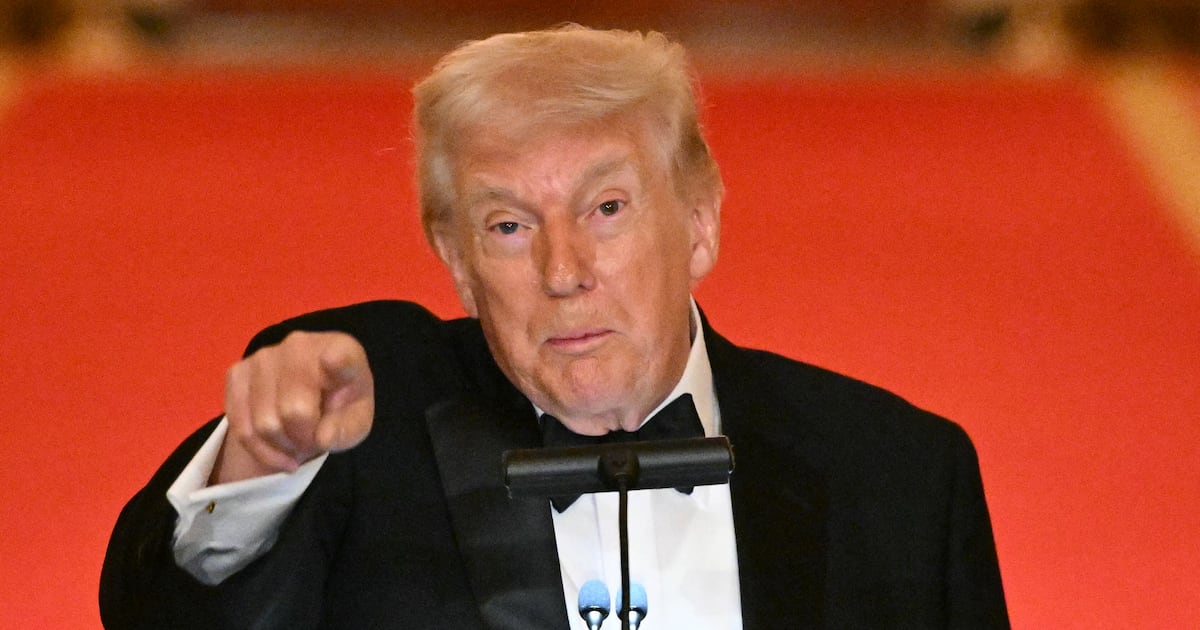In a country where prime ministers rarely last a full term, Benjamin Netanyahu is expected to get a third one today, as millions of Israelis vote in a parliamentary election that will likely strengthen forces on the far right that oppose any compromise with the Palestinians.

Despite a mixed record over the past four years and a deeply fraught relationship with President Barack Obama, Netanyahu has remained through the three-month campaign the most popular candidate by far and the only one who could viably form a majority coalition, according to polls here.
His Likud Beitenu party has lost some ground to a more right-wing faction known as The Jewish Home. A widening budget deficit could also cost him support. But center-left parties that posed a challenge in the past remain divided and at least one of them could end up joining Netanyahu’s coalition.
“There’s no great enthusiasm for Netanyahu generally in the country but the fact is there is no alternative credible leader,” said Shlomo Avineri, a political scientist at Jerusalem’s Hebrew University.
He said the question wasn’t so much who wins today but what kind of coalition Netanyahu ends up establishing.
In Tel Aviv, the country’s main metropolis, many Israelis lined up to vote early before heading to cafés or beaches. Election Day is a holiday in Israel and, across the country roads to popular touring sites were congested.
Netanyahu cast his ballot at a polling station in Jerusalem with his wife and two sons. Earlier in the morning, he stopped at the Western Wall, Judaism’s holiest site, and tucked a note between the large stones asking for success, according to Israeli media.
Surveys suggest his party will get around 35 seats in the 120-member Parliament, requiring Netanyahu to add other parties to his coalition for a minimum 61-seat majority. Results of exit polls will be announced at 10 p.m. Israel time (3 p.m. EST).
Netanyahu, who is 63, first served as prime minister in the 1990s. After a break from politics, he worked his way back to the premiership in 2009, presiding over a coalition of mainly right-wing and religious parties.
His government has been one of the most stable Israel has known in years. Netanyahu touts as his successes keeping the Israeli economy steady during a worldwide recession and bringing about international pressure against Iran’s nuclear program. Palestinian suicide attacks that rocked Israeli cities a decade ago remain a distant memory.
But in other areas, Netanyahu has been widely criticized. Jewish-settlement expansion in the West Bank has surged during his term, prompting Palestinians to reject negotiations with Israel. Tensions with Obama—over settlements and also over Netanyahu’s threat to attack Iran—have occasionally spilled out into the open, a rarity in the relationship between the two countries.
In one of the more widely quoted censures, a former Israeli security chief recently described Netanyahu as a reckless opportunist who plotted to attack Iran without the approval of his cabinet.
Avineri, the political scientist, said that Netanyahu has managed to maintain support in part by nurturing the perception that the Palestinians form the main obstacle to peace.
“The economy has been stable and the security situation has been stable—those things are very important,” he said. “The peace process has been stuck, but most Israelis blame the Palestinians for that.”
Avineri said it would likely take Netanyahu weeks to cobble together a new coalition, a process that requires complicated negotiations between political parties. Some analysts have speculated that Netanyahu will prefer center-left parties as partners this time, allowing him to steer Israel on a more moderate course.
But Dov Weissglass, who served as a top adviser to former prime minister Ariel Sharon, predicted Netanyahu would reestablish his coalition of right-wing and religious parties.
“He will never deposit his fate in a left or center party that at some point might stand up and leave the coalition over the peace process,” Weissglass said.
“He needs the key number, 61 seats, to be composed purely of people sharing his [right-wing] philosophy … Then he will try to add pieces from the center or left mainly for cosmetic purposes.”






